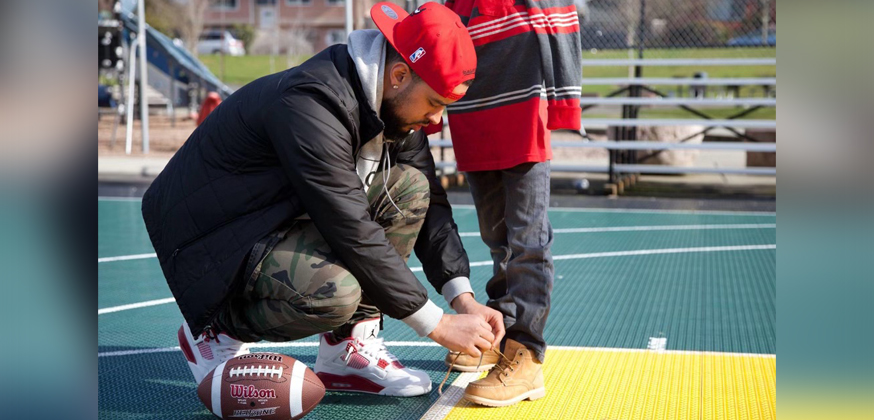The Resilient Project
The Resilient Project is a faith-based mentoring program that seeks to transform the lives of youth in under-resourced communities by addressing poverty and childhood trauma through intervention and prevention.
“Our program matches youth with healthy, supportive adult mentors who impart the life skills necessary to help youth build the resilience needed to achieve their educational and professional goals,” says Nathaniel M. Tillis, the organization’s founder and president.
Based in Seattle, The Resilient Project provides students in kindergarten through 12th grade with opportunities to learn skills that can help them overcome various economic and social obstacles.
“Many entering our program are full of untapped potential,” says Tillis, 33. “We are committed to helping them identify and develop their gifts so that they can reach their highest potential and walk in the calling God has for them.”
In 2019, The Resilient Project began serving 15 youth in King and Whatcom counties in Washington.
“The vision is to take kids and help see their futures changed as the result of having consistent mentorship,” says 40-year-old board member James N. Junior, who also is associate campus pastor with Chi Alpha at Western Washington University in Bellingham.
“When we juxtapose the achievement of kids from under-resourced communities with kids from affluent communities, the issue isn’t that the kids from under-resourced communities are less talented,” says Tillis. “It’s that kids from under-resourced communities lack access to the same resources and opportunities as the kids from more affluent communities.”
The program seeks to address the effects of socioeconomic disparities by fostering academic excellence, creating equitable access to quality music education, and combating childhood trauma and Adverse Childhood Experiences (ACEs). Each child who enters the program is matched with an adult mentor who has been thoroughly vetted and has received trauma-informed training. Each mentor commits to stay with the program for a minimum of two years.
Youth stay with the same mentor for the duration.
“Having a consistent relationship with a positive adult figure can help youth to navigate life’s obstacles,” says Tillis. Many participants have had ACEs (various forms of trauma or economic hardship), so the program can provide consistency in the midst of changes to a child’s living situation.
“Mentorship provides stability and structure and it helps kids to be able to believe in their own value while connecting them with adults who will push them to accomplish their goals,” Junior says. “Mentorship can change the trajectory of a young person’s life.”
Tillis has firsthand knowledge of the positive effects of youth mentorship. Growing up, Tillis and his six siblings had a difficult home life. In high school, Tillis failed a significant number of classes and struggled to finish his education.
“God placed mentors in my life who taught me life skills and acted as champions for me,” Tillis says. “They helped me believe in myself.”
Mentors encouraged Tillis to work hard, and he managed to graduate high school on time. In 2016, Tillis went on to graduate from Northwest University with a Bachelor of Arts in Interdisciplinary Studies, with an emphasis in business administration and music industry business. Northwest University is an Assemblies of God-affiliated school in Kirkland, Washington.
“I want youth that we serve to know that God can use their circumstances for good,” Tillis says. “We don’t get to choose our circumstances, but God can use those things to set us up for a greater purpose.”









Leave a Reply